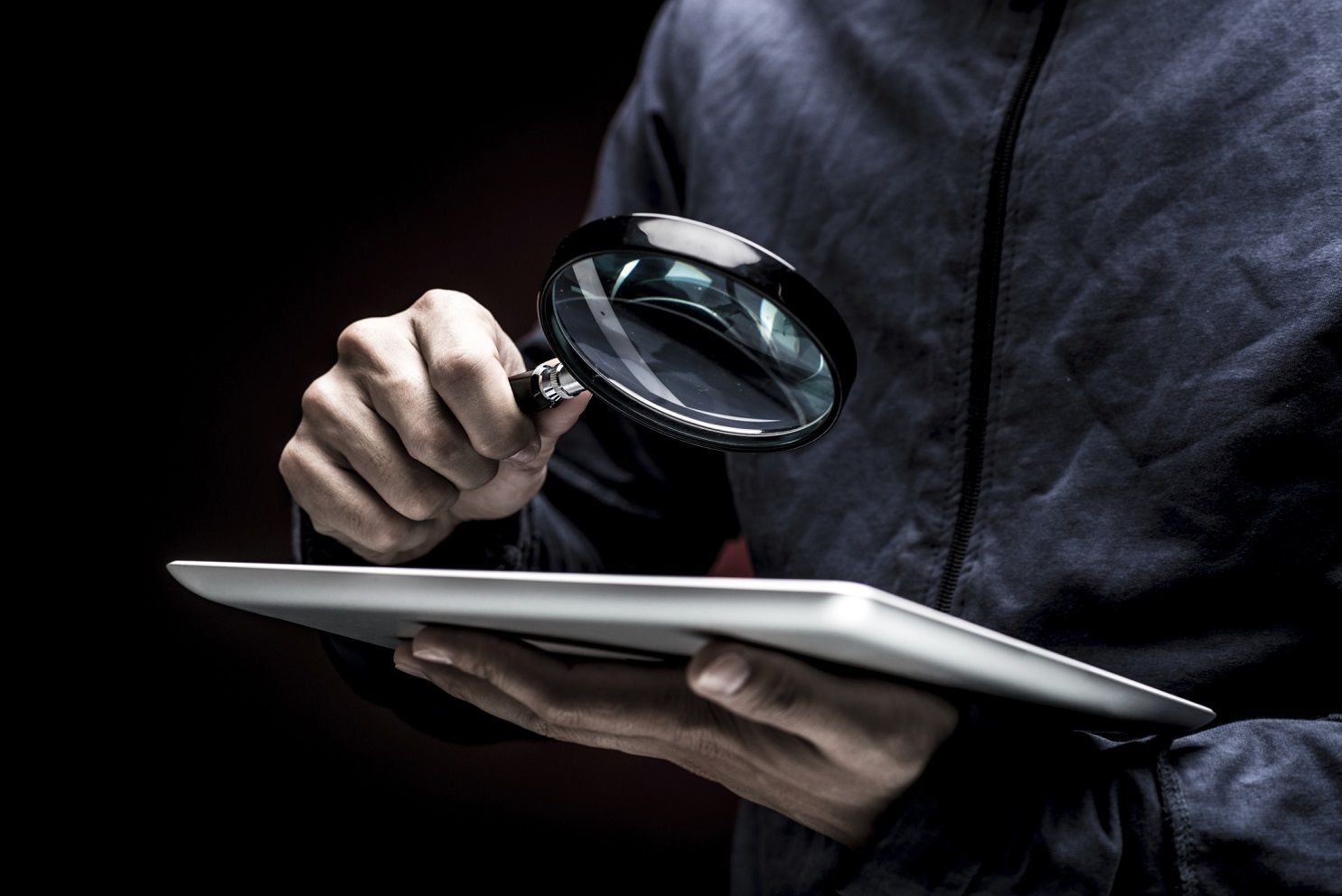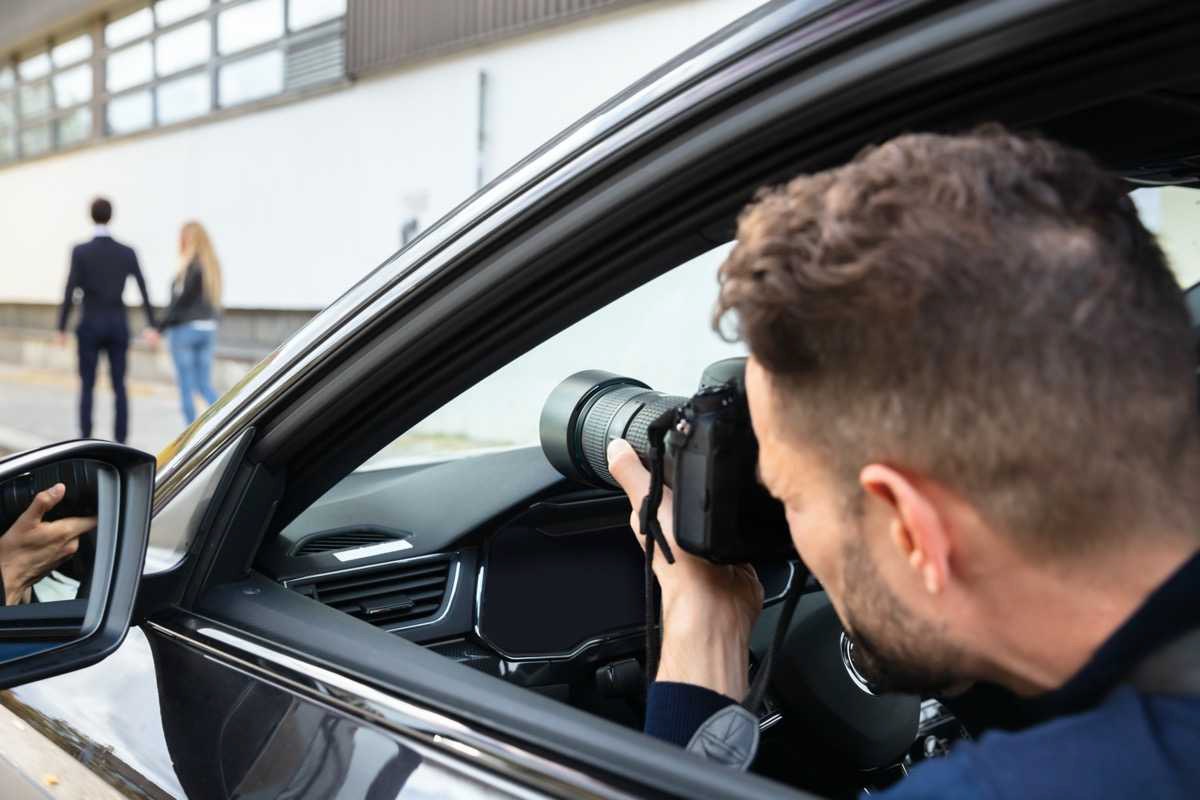If you’ve spent any amount of time watching police dramas or reading crime thrillers, you might have an ‘idea’ of what a private investigator does. But honestly, real private investigators aren’t going around breaking into private properties to take pictures, stalking people down dark alleys or any number of other borderline or even outright illegal acts like wiretapping and hacking.
If you are planning to hire a private investigator, or believe you are being investigated by one, it is important to know exactly what a real PI can and cannot do.
What are Private Investigators and Who Hires Them?
In essence, a private investigator is a licensed individual who is competent at finding information and can provide this information to anyone who needs details about a person or business. Their services can be helpful in looking for birth parents, checking the security of a business for the owner, looking for a missing person or finding out if a spouse is cheating. Of course, they must operate within the boundaries of the law, which means that they cannot trespass on private property, cannot violate a person’s privacy and cannot obtain information through illegal means such as bribery, forgery or torture.
Can Private Investigators Make an Arrest?
It’s important to remember that PI’s are not law enforcement, and therefore have no powers of arrest, unlike plainclothes or undercover officers. They can, however, document a crime taking place and inform the authorities. These actions may lead to an arrest, but the private investigator would not be the one making the arrest. Having said that, there are some countries that allow for citizen arrests, so a PI would be able to detain a crime in these instances, although they would not be able to take that person to jail.
In terms of the information obtained regarding the crime, the PI must turn it all over to the relevant law enforcement to secure a conviction, provided it was obtained legally.
Do Private Investigators Carry Badges?
As previously mentioned, private investigators are not law enforcement agents, and are therefore prohibited from impersonating one, even by accident. This is something all law enforcement agencies take very seriously, and is why most countries do not allow private investigators to wear a uniform or carry a badge. There are some countries that do require PI’s carry a badge however, so a private investigator must always take due care to avoid the misconception that they are working for local, state, or federal law enforcement agencies.
Can Private Investigators Go Wherever They Want?
Private Investigators have free access to all public properties, but they are not allowed to enter private properties without permission. This means that while they are allowed to enter a private home to investigate if they are given permission from the owner, they are most certainly not allowed to pick a lock or use force to enter the property. Also, if consent is withdrawn at any point during an investigation, the PI must leave the premises immediately.
Can Private Investigators Listen in On Conversations?
A lot of information can be obtained when listening in on a conversation, but a private investigator must be very careful when doing so. While there are no laws regarding eavesdropping on a conversation and writing down what you hear, the laws regarding the use of a recording device vary from place to place. For instance, certain states in the USA are one-party consent states, while others are two-party consent states. What this means is that in one-party consent states, a private investigator can record any conversation they are a part of without informing the other party. In two-party consent states, both parties involved must consent to the recording. However, if the private investigator is not part of the conversation, they are not permitted to record the conversation.
Are There Any Laws Regarding a Private Investigator Taking Pictures?
One thing that is true about private investigators is that they take a ton of pictures as part of their job. However, all these pictures must be taken in public places, like on the street, in a restaurant, etc. A person has an expectation of privacy within their own home, and a private investigator cannot violate this privacy. In most countries, this expectation of privacy also extends to a person’s backyard, even if it is visible from the street. Another thing to consider is that some public places may also be covered by privacy laws. For instance, someone staying at a hotel can expect privacy in their room, whereas the hotel lobby will definitely be considered a public space.
Hacking is a No-No
This point feeds into the same privacy laws we were talking about above. Any information in the public domain, such as social media accounts, can be a good source of information for an investigation, but if the PI tries to hack into private email correspondence, phone records or bank accounts, they can land themselves in serious hot water with the law.
So, to summarize, private investigators may not be exactly like the movies and fiction portray them, but they do still have a lot of tools at their disposal. Private investigators can conduct stakeouts and follow individuals to learn more about their movements and what they might be doing. They can search through various databases online to get information on criminal records, marriages and divorces, mortgage records and voter registrations. They may be able to look through the trash if it is legal in that location and not on private property. They can also interview friends, family members, associates, and neighbors to learn more about the person or to find out where they might be.
However, as we’ve seen, private investigators do need to obey all laws. Therefore, if you plan on hiring a PI for any reason, it is best to work with one that is licensed in your area, so you can be sure that any information you obtain can withstand legal scrutiny.



